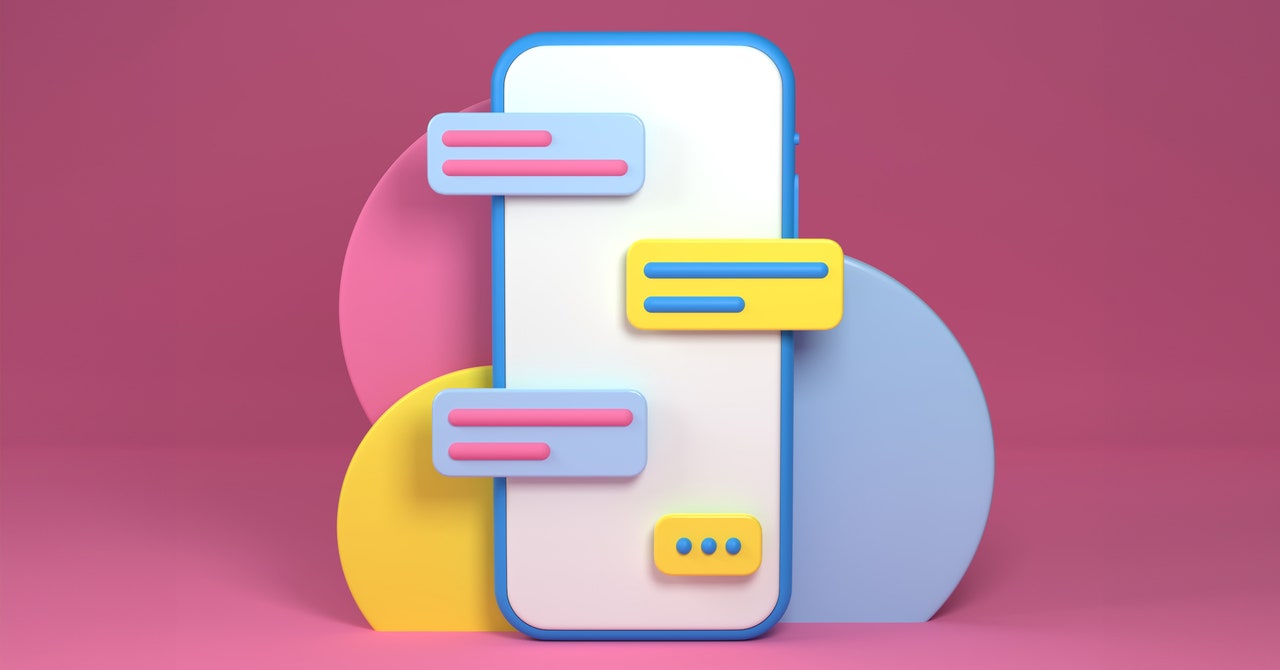
Beeper, a YCombinator-backed startup, initially got here up with an costly and inherently insecure methodology to make a beta model of its app work. This methodology despatched each message by means of a relay server earlier than arriving on the recipient’s messaging consumer. Then, late this summer season, the corporate landed on a breakthrough method, initially drafted as a proof of idea by a 16-year-old highschool pupil in Pennsylvania. The younger coder reverse-engineered the best way notifications work on iPhone, discovered a loophole in the best way credentials are registered with Apple’s servers in the course of the notifications course of, and utilized that to messaging.
Beeper bifurcated its product: It stored its authentic relay system in place (referred to as Beeper Cloud) and individually launched a model of its app (referred to as Beeper Mini) that might use this new technological framework for turning Android messages into blue bubble Messages.
In accordance with Beeper, its answer made Beeper Mini a extra safe choice than if an Android consumer have been to make use of their telephone’s default messaging app to textual content an iPhone consumer, as a result of Beeper Mini maintained end-to-end encryption. Beeper customers additionally didn’t should share an Apple ID or Apple password with the Beeper Mini app so as to achieve entry to it. At launch earlier this month, the corporate charged $2 per 30 days for Beeper Mini. It was downloaded by greater than 100,000 folks in its first 48 hours.
However within the days after launch, Beeper Mini suffered an app outage. At the moment, Migicovsky instructed WIRED he believed that Apple might have reduce off the technical means for Beeper Mini to perform, noting that the app outage didn’t appear to be brought on by any kind of broader community subject.
Apple didn’t reply to WIRED’s requests for touch upon the outage, however the firm later issued a statement to The Verge acknowledging that it had taken motion towards Beeper. “We took steps to guard our customers by blocking methods that exploit pretend credentials so as to achieve entry to iMessage,” an Apple spokeswoman instructed the outlet. “These methods posed vital dangers to consumer safety and privateness, together with the potential for metadata publicity and enabling undesirable messages, spam, and phishing assaults.”
Whereas Beeper scrambled to get the app working once more, US lawmakers took discover of what was taking place. On December 10, Senator Warren tweeted on X, “Inexperienced bubble texts are much less safe. So why would Apple block a brand new app permitting Android customers to speak with iPhone customers on iMessage? Large Tech executives are defending earnings by squashing opponents. Chatting between totally different platforms ought to be straightforward and safe.” The tweet was seen greater than 3 million occasions, in line with X’s seen metrics system.







